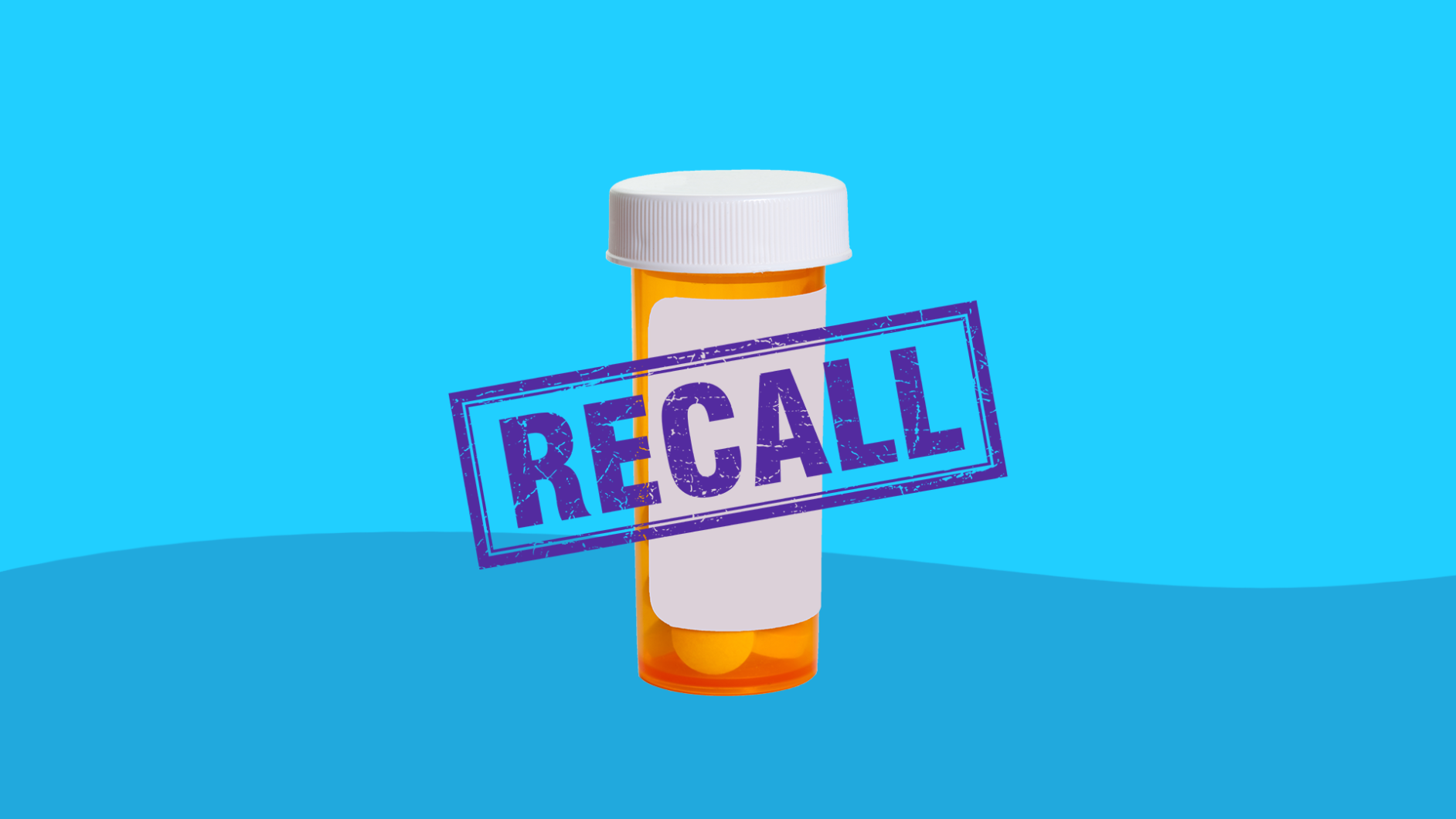On Feb. 13, Eisai, the makers of the weight-loss drug Belviq and Belviq XR (lorcaserin HCI), voluntarily withdrew the drug from the U.S. market at the request of the U.S. Food and Drug Administration (FDA). Belviq is a prescription medication, available as a tablet and an extended-release tablet. It increases feelings of fullness to help patients eat less and lose more weight, especially when used along with diet and exercise. The FDA approved Belviq in 2012 for adults who are obese; or who are overweight and have weight-related medical problems, such as diabetes, high blood pressure, or high cholesterol.
Why did the FDA ask for Belviq’s withdrawal?
As part of Belviq’s marketing approval, the FDA required Eisai to perform a long-term trial examining whether the drug produced any cardiovascular problems in users. The study lasted five years and looked at 12,000 users with cardiovascular disease and/or a high risk of developing cardiovascular disease. It found that the drug did, indeed, help users lose weight without producing any major heart problems.
But in reviewing the data, the FDA found that people taking Belviq had a higher incidence of cancer than those who didn’t take the drug. According to the FDA’s analysis, 7.7% of Belviq users were diagnosed with cancer during the study period, versus 7.1% of those in the control group who were taking a placebo (inactive pill that did not contain any drug). Types of cancer included pancreatic, colorectal, and lung cancer. While the company says its interpretation of the data differs from the FDA’s, the FDA says the risks of using Belviq outweigh its benefits.
“Eisai respects the FDA’s decision and is working closely with the Agency on the withdrawal process,” the company said in a statement.
What should Belviq users do?
The FDA cautions users to stop taking Belviq immediately and discuss other weight-loss methods with their doctors. Belviq works differently than some other weight-loss medications on the market, so it’s possible your doctor may advise using a different medication or recommend diet and exercise alone.
To dispose of unused Belviq properly, bring the medication to a drug take-back location. If that isn’t possible, the FDA recommends you dispose of Belviq in the trash:
- Take the medication out of the prescription bottle and mix it with an unappetizing substance—for example, cat litter or used coffee grounds. Do not crush the tablets.
- Place the medication mixture into a sealed plastic bag.
- Throw the container away with your household garbage.
- Remove your identification from the prescription bottle and recycle it or throw it away as well.
Do I need additional cancer screenings?
No. The FDA is not calling for any additional cancer screenings for Belviq users beyond what is already advised for the general public. “Users should not be alarmed,” says Shaili Gandhi, Pharm.D., vice president of formulary operations at SingleCare. “Patients should speak to their doctors about any questions or concerns they may have. The discussion should include alternative medication options and methods for weight loss.”
Patients or healthcare providers can report any issues to the FDA’s MedWatch Safety Information and Adverse Event Reporting Program by submitting an online report or by calling 1-800-332-1088.











